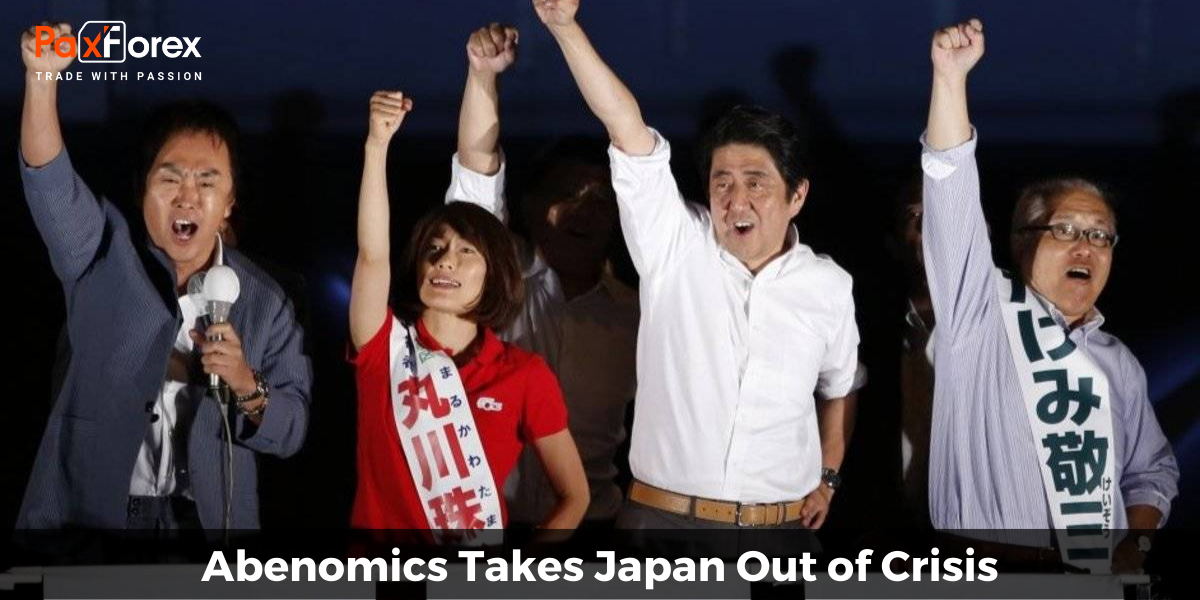
Japanese Prime Minister Shinzo Abe said last week that he intends to strengthen the economy of the country and in the near future will also held a constitutional reform that would give self-defense forces a status of full-fledged army.
Abe made such a statement at the first press conference after the victory of the ruling coalition led by the Liberal Democratic Party (LDP) in elections to the upper chamber of parliament. Thanks to the results of the elections both chambers of the legislature will be under the control of Abe’s coalition.
Since the charismatic leader Junichiro Koizumi stepped down to retire in 2006, there wasn’t a stable government in Japan. In 2007, Prime Minister Abe and his LDP suffered a big defeat in the elections to the upper chamber of the parliament. A parliamentary deadlock was formed. The upper chamber hasn’t such broad powers as the bottom one but it can block the laws made by the government. As a result, ministers were often a subject to change.
This time’s success means that Abe not only restored his reputation after the failure of 2007 - voting in favor of the LDP also showed that voters believed in its aggressive program of economic growth (the so-called Abenomics). It aims to pull the country out of stagnation in which it remains last 20 years.
This program works very well. The Japanese economy is now growing at 4% and the stock market went up by 40% since January of this year. To support this growth, Abe will have to hold the painful and unpopular reforms. Prime Minister said that the control of the two chambers will give him the necessary powers.
“I think this is our real start. Citizens of Japan wanted a strong economic growth and today they can already see the first results.” Abe said last week.
According to experts, in the first trimester of this year Japan's GDP grew at an annual rate at the fastest pace. However, besides the economy, the Japanese are concerned about issues such as foreign policy, in particular - the relations with China and South Korea.
During the press conference, Abe has also confirmed that he intends to reform the constitution and change the current status of the army from self-defense oriented to a full forces army which would increase the military power of Japan.
However, experts have doubts about the wisdom of this move because they believe that the Prime Minister should focus on solving the economic problems. In addition, Japanese people do not want to change the military policy of the country and stand for normalizing relations with all its neighbors.







